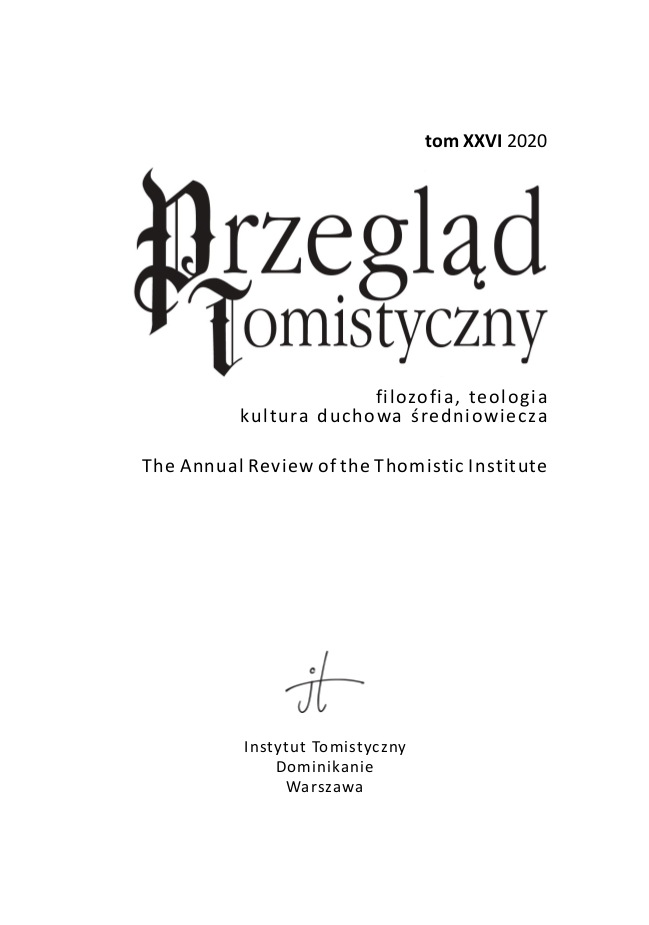ZENON KAŁUŻA, A Few Notes on the Sermons on “Gloria in Excelsis” by Stanisław of Skarbimierz

Volume XXVI: 2020
Philosophy — Theology — Spiritual culture of the Middle Ages
ISSN 0860-0015
e-ISSN 2544-1000
SUMMARY
The aim of the paper is to date the Sermons on Gloria in Excelsis by Stanisław of Skarbimierz through an analysis of their references to the liturgy and the historical context. Due to unrest and plague, the jubilee year of 1390 was celebrated again in Poland and Bohemia in 1392 and 1393 respectively. At the request of the king, Wenceslaus IV, on 13 January 1393 Pope Boniface IX declared 1393 a Jubilee Year for the Kingdom of Bohemia.
The multiplicity of references to liturgical texts and to the mystery of the day indicate that the first sermon of the series on Gloria was destined for the Feast of Nativity. However, if we were to assume that it had been 25 December 1389 — as Roman Zawadzki suggests — it would be hard to explain why Stanisław of Skarbimierz virtually discards the theme of remission of sins and punishments right before the beginning of the jubilee year. This theme was well known to him, as he had already authored three sermons De materia indulgentiarum and Repetitio on the same issue.
Stanislaw does not refer to the jubilee until the fifth sermon, probably destined for Maundy Thursday or Good Friday. This clearly suggests that the series of sermons on Gloria was created in 1393, since the second celebration of the jubilee year was to begin in Lent. It is this fifth sermon that contains a large portion of text referring to the jubilee indulgences and one part strictly referring to the celebration of the passion of Jesus.
Precisely around this time the papal bull became a lively and significant issue in Prague, where discussions on its importance, authenticity, and utility took place. There were also some preachers who clearly favored King Wenceslaus, who was also supported by the lords and some of the faithful, remaining in conflict with the archbishop, Jan of Jenštejn. The Fifth Sermon is written from the perspective of the pro-Church side, opposed to the proponents of king and the lords. This clearly confirms that this sermon was created during the “second” jubilee. The Fifth Sermon is probably one of the sermons preached during the opening of the jubilee (postponed by two weeks) in the context of the archbishop’s conflict with the king. However, the author of the paper treats his thesis as hypothetical and not definitive for the issue of the ultimate dating of the sermons.
